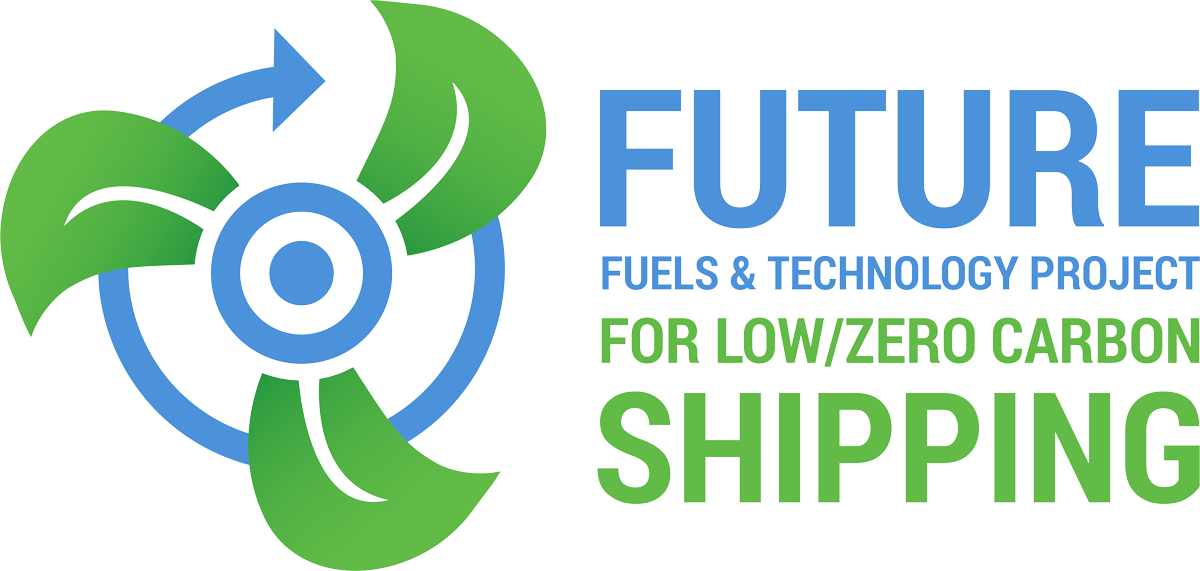To assess the technical feasibility of implementing carbon capture systems on ships to help reduce CO2 emissions, particularly concentrating on both retrofit and newbuild vessels.
Fuel Type: Bio-fuel
CIMAC Guideline ISO 8217:2024-FAQs
To provide answers to FAQs regarding the ISO 8217:2024 marine fuel specifications, focusing on clear and systematic explanations of the key changes in the new standard, and particularly, addressing questions about the inclusion of higher percentages of biofuel in fuels.
Oceans of Opportunity
To explain the impact of green methanol and ammonia and propose the implementation of zero-emission fuel bunkering at ports by 2030
Assessing impacts of EU and US policies on accelerated deployment of alternative maritime fuels
To evaluate the impact of policies, analyzing how recent climate policies from the EU and US, specifically the US Inflation Reduction Act and EU ETS along with the FuelEU Maritime Regulation, affect the adoption and deployment of alternative marine fuels.
To identify the investment implications of these policies, focusing on the synergies of the US and EU policies.
To provide actionable insights for stakeholders.
Analysis on interaction of CII with GFS: Calibrating IMO energy efficiency and fuels targets
To recommend effective strategies for the shipping sector to achieve the IMO emission reduction targets
Commercial Readiness of Absolute Zero GHG Technologies
ZESTAs’ paper discusses findings from the MARIN NL Model for ESSF SAPS, which compares various marine fuels’ greenhouse gas emissions over a 100-year Global Warming Potential (GWP), noting that some fuels produce 0% emissions over this period. Only technologies reaching at least demonstration stage (TRL7 or higher) are considered. Additionally, references are made to Technology Readiness Levels (TRLs) and Commercial Readiness Levels (CRLs) following expanded definitions presented to ISWG-GHG 14 by IMO Secretariat, DNV, and Ricardo plc on 22nd March 2023.
Economic value of methanol for shipping under fuelEU maritime and EU ETS
To evaluate the economic viability of bio-methanol and e-methanol as sustainable marine fuels within the regulatory frameworks of FuelEU Maritime and the EU Emissions Trading System (ETS). The report provides an analysis of compliance pathways and the economic incentives for adopting these fuels compared to fossil fuels such as VLSFO, emphasizing the penalties for non-compliance. The findings support the potential of these regulations to facilitate a transition to sustainable fuels by creating a stable investment environment for fuel producers and encouraging adoption by shipping operators.
Maritime Forecast to 2050
To analyze the current state of the shipping industry’s carbon emission reduction transition and the prospects for new technologies and stretegies, including ship design and fuel selection, necessary to achieve full net-zero
Oil Analysis & Forecast to 2028
To provides analysis, data, and information on the demand, supply, refining, and logistics distribution of petroleum resources. Based on the current data identified, the paper predicts the demand and supply of fuel oil energy resources on land and at sea until 2028 and provides related information. In addition, the outlook for international petroleum-based energy is analysed based on development information on new and renewable energy produced by region, especially in the Middle East and Asia, including China and India.
Using bio-diesel onboard vessels
To address key issues in related to biofuels used in ships based on the physical and chemical properties of FAME-based biodiesel oil, this study highlights key factors to consider when using marine biofuels on ships and addresses major issues in international regulations concerning exhaust gases generated from combustion and related verification

